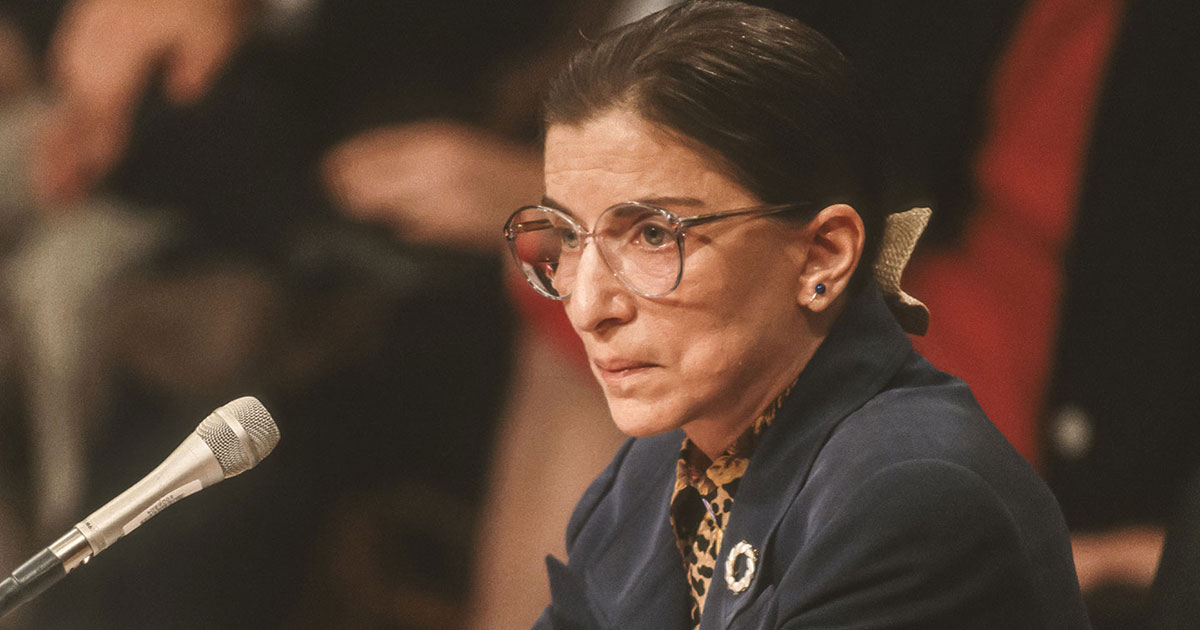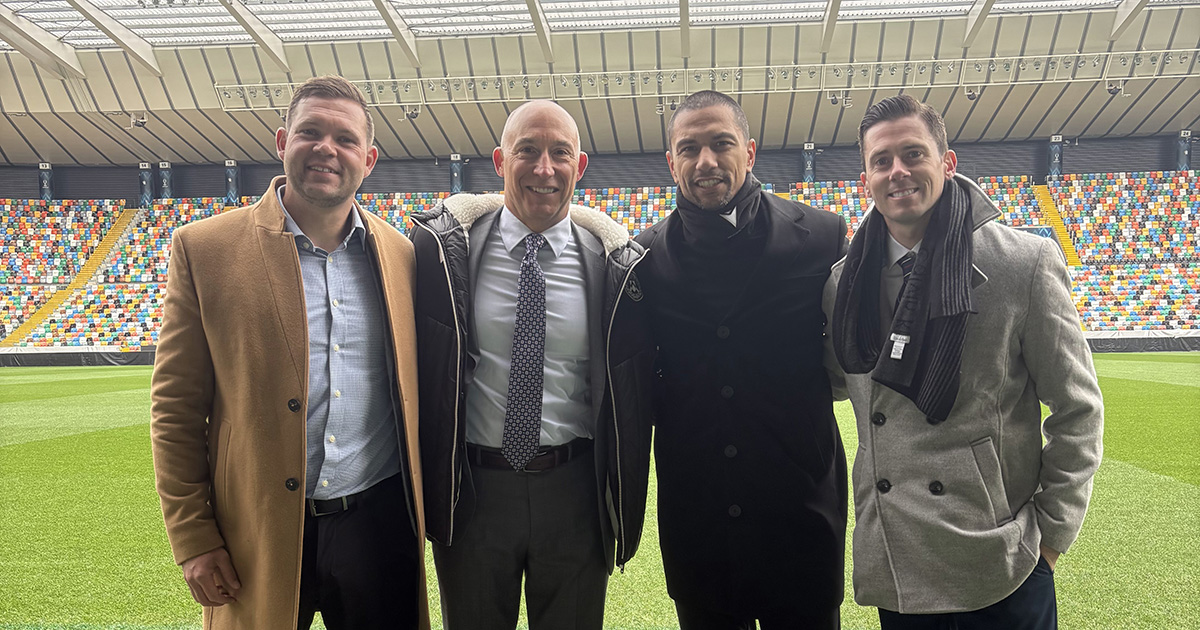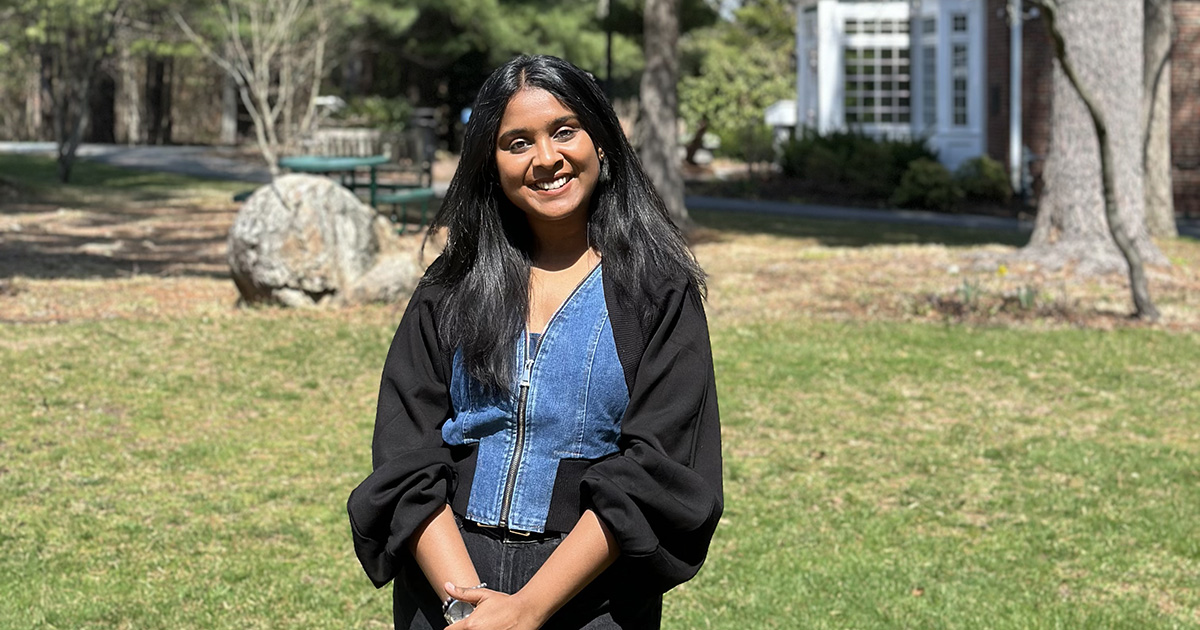Longtime Babson Professor: Ginsburg Paved the Way for Women in Law

Reflecting on the life and actions of late Supreme Court Justice Ruth Bader Ginsburg, 27-year Babson Senior Lecturer in Law Cheryl Kirschner considered the experiences of her own mother, who is four years junior to Ginsburg and faced much of the same discrimination as a young adult Jewish woman.
“For all practical purposes, my mother had two career choices: teacher or nurse, she chose the former,” Kirschner says. “We would have made progress had there been no Justice Ginsburg, but her crack in the glass ceiling enabled and inspired women of my generation and beyond to choose law as a profession.”
Not only was Ginsburg an influential and progressive law figure for decades, but she also was a pop culture icon for both younger generations of women and men, Kirschner says, invigorating a path to change even long after her time.
An Icon For Future Generations
Part of the reason for Ginsburg’s rise in late-life popularity was because she was relatable to younger audiences, Kirschner said.
“Her mix of seriousness and fun was appealing and intriguing,” Kirschner said. “As incredibly intelligent as she was, she was also down to earth. She had a fabulous sense of humor. She was warm and personable. Not only did she live life to the fullest, but she invited you to, too.”
“Her crack in the glass ceiling enabled and inspired women of my generation and beyond to choose law as a profession.”
Cheryl Kirschner, Senior Lecturer in Law
Ginsburg graduated first in her class at Columbia Law School in 1959, and taught law at the institution and Rutgers University Law School in the 1960s and 1970s. She later directed the influential Women’s Rights Project of the American Civil Liberties Union before being appointed to the U.S. Court of Appeals for the District of Columbia in 1980 and the Supreme Court in 1993.
One of Ginsburg’s most notable steps in her ever-long endeavor for equality was her 2006 dissent in Ledbetter v. Goodyear Tire and Rubber Company, where Lilly Ledbetter sued her employer for gender discrimination, alleging the company paid her a lower salary because she was a woman.
Ledbetter was eventually awarded $360,000, and Ginsburg famously delivered a dissent which led to the later passage of a congressional act that eliminated the obstacles Ledbetter faced in court, and set the stage for effectively righting gender discrimination.
A Legacy Left, With More to be Done
Kirschner characterized Ginsburg’s legacy as one “hard to encapsulate in words.”
“As a lawyer, she fought for, argued for, and won landmark discrimination cases,” Kirschner said. “Then, she decided, or provided powerful dissents from cases that helped shape every aspect of life, from access to education to equal pay.”
Looking to the future of the nation and world, Kirschner says progressive change is still needed, pointing to inequalities in access to medical care, housing, and fair wages, to name a few.
“As long as people in our society are not treated equally, fairly, and respectfully, there is work to be done, both within the legal system and outside of it,” Kirschner said.
Posted in Community




